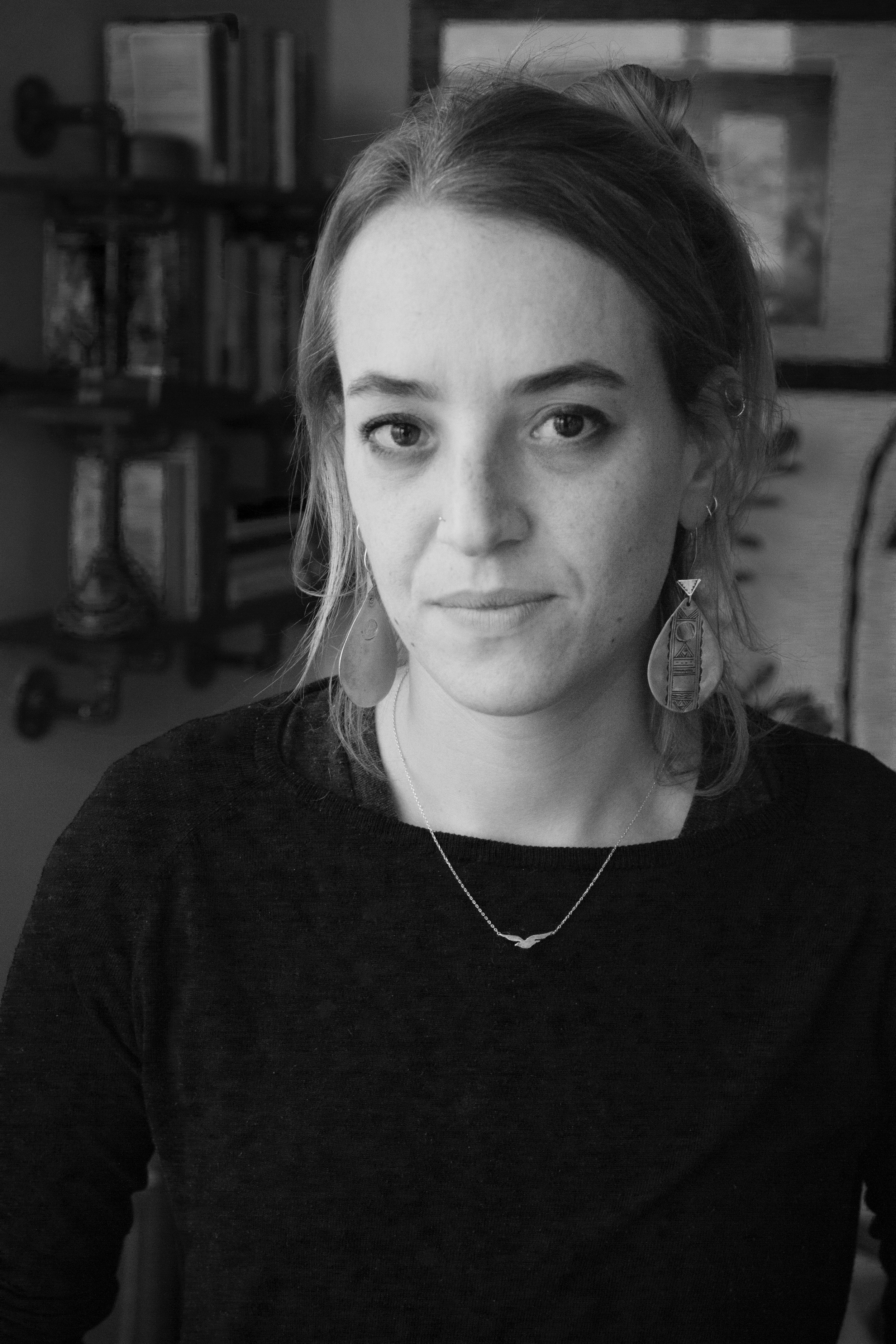Sarah A. Topol is an award-winning journalist. For over a decade, she has reported from more than 40 countries around the world. She is a contributing writer to the New York Times Magazine.
Sarah’s piece about Russian military deserters was published as a special issue of the New York Times magazine. It won the George Polk Award’s Sydney Schanberg Prize, the National Magazine Award for feature writing, the Michael Kelly Award, the Poynter Journalism Prizes’ Deborah Howell Award for Writing Excellence and the Overseas Press Club Ed Cunningham Award for best magazine feature. The article was also released as a five-part audio series read by Liev Schreiber.
Her article about how America’s brinkmanship with China in the Pacific is placing the burden of great power conflict on the nation’s most ignored and underrepresented citizens won the 2024 Fetisov Journalism Awards' Outstanding Contribution to Peace category.
Her story about the political uprising in Belarus was a finalist for the 2023 National Magazine Award for feature writing as well as the 2023 True Story Award.
Sarah’s reporting on Taiwan and Hong Kong was honored with the Newswomen’s Club of New York 2021 Marie Colvin Award for Foreign Correspondence.
Her article about a young Uyghur woman trying to free her parents from the Xinjiang concentration camps received the the 2020 Overseas Press Club Ed Cunningham Award for best magazine feature and was a finalist for the 2020 Dart Awards for Excellence in Coverage of Trauma.
Sarah’s piece about the Rohingya genocide won the 2020 National Magazine Award for feature writing and appears in The Best American Magazine Writing 2020.
Her article about Nigerian boys abducted and forced to fight for Boko Haram received a citation from the Overseas Press Club for best international reporting on human rights. It was also a finalist for the 2018 Dart Awards for Excellence in Coverage of Trauma. She won the 2012 Kurt Schork Award in International Journalism for her coverage of the civil war in Libya for GQ.
Her trip to meet the Bedouin tribesmen who kidnap foreign tourists in Egypt’s Sinai Peninsula for The Atlantic is featured in Best American Travel Writing. Her story about a Siberian town besieged by bears is anthologized in Out There: The Wildest Stories Ever Featured in Outside Magazine.
Sarah’s work has also been published in the Atlantic, Businessweek, Esquire, Foreign Policy, Fortune, GQ, Harper’s, Newsweek, the New Republic, New York Magazine, Outside, Popular Science, Politico, Slate and Travel + Leisure, among others. She has been a Nation Institute Investigative Fund grantee, an International Women’s Media Foundation fellow, as well as Pulitzer Center on Crisis Reporting grantee. She has been a guest on BBC, CNN and NPR as well as at Princeton, Columbia, NYU and Georgetown, among other universities.
Sarah grew up in New York City. She speaks Russian fluently. Sarah moved to Cairo in 2008 and then to Istanbul in 2013. She is currently based between Lisbon and New York.
The Deserter: He didn’t want to fight in Putin’s war. He just wanted to survive, to make it back to his wife, to live in peace. But to do that, they would have to run. (New York Times Magazine)
The 15,000-Mile Lifeline: How Ukraine’s vast railway system has helped the country withstand an invasion. (New York Times Magazine)
The Movement and the Mural: It started as an act of graffiti at a playground in Minsk. It turned into a remarkable campaign of defiance against an increasingly totalitarian regime. (New York Times Magazine)
Hope and Hopelessness in Taipei: She watched as Hong Kong’s protests were put down, her friends jailed. Now she fears for her own future — and Taiwan’s. (New York Times Magazine)
The Disappeared: In a China increasingly hostile to its Uighur minority, her parents tried for years to live as model citizens. Then one day they stopped answering her messages. (New York Times Magazine)
The Teacher and the Genocide: He dreamed of educating the children in his village. But soon he learned that it was dangerous for the Rohingya to dream. (New York Times Magazine)
The View from Moscow: How the slights of the post-Cold War Era — and a power vacuum left by America — propelled Russia’s resurgence as a global power. (New York Times Magazine)
The Life and Death of Denis Voronenkov: After a former Russian parliamentarian was murdered on the streets of Kiev, Ukrainian officials were quick to blame the Kremlin. The truth was more complicated (New York Times Magazine)
The Boys from Baga: How four boy soldiers survived Boko Haram (New York Times Magazine)








